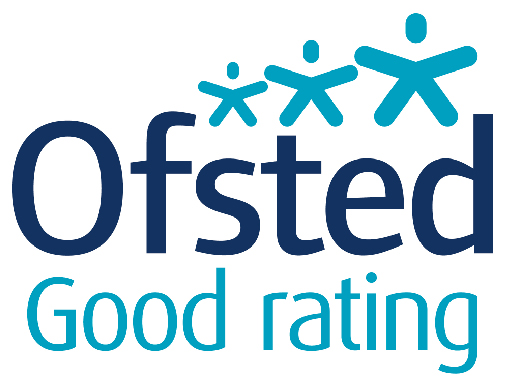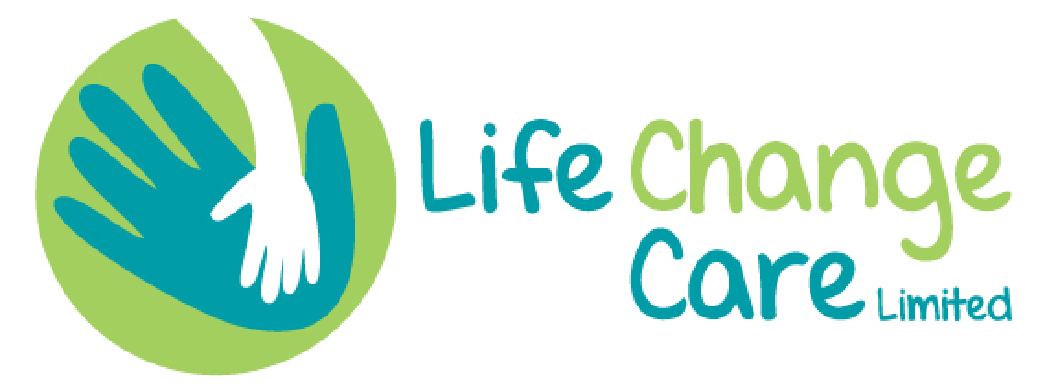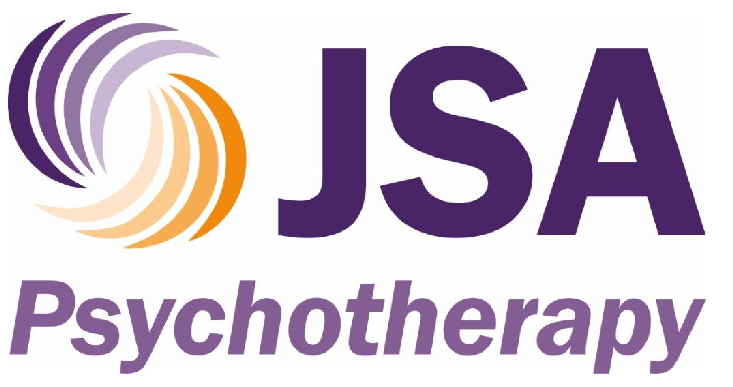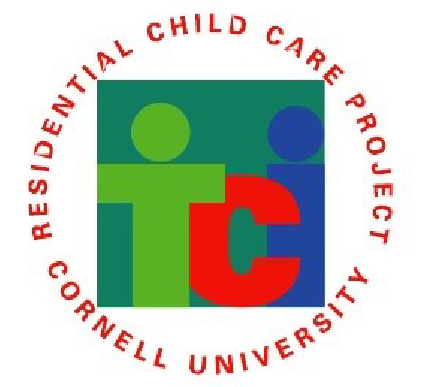In this article, we will be providing a thorough disambiguation of the TIER system. This model is our framework for providing truly trauma-informed care within our practice. We will be exploring what the TIER system is in detail, and how it applies to our work at Life Change Care Limited. As a working model, it underpins and informs every aspect of our care for the children and families in residency with us, right up to the management overview of the homes.

Before reading this article, you may find it helpful to first visit the website of our sister company JSA Psychotherapy, as it is via JSA Psychotherapy that we are developing and refining the TIER system itself. At present, JSA Psychotherapy are running a series of miniature articles that explore the basic principles of the TIER system step-by-step and provide a generic breakdown of its purpose and potential application.
Conversely, at this time, Life Change Care Limited are responsible for putting the model into practice to demonstrate its efficacy by providing objective data of how implementing the model has improved our outcomes for those in our care.
Having worked for over 30 years in the family justice system as an expert witness and clinical psychotherapist, I am working to bridge the gap of clinical knowledge and practical application. In doing this, I aim to resolve the underlying disparity between the different areas of support intervention to ensure better outcomes for everyone involved in residential social care.
With this article, we will narrow that perspective to clarify why and how the TIER system has such relevance within our specific practice in the trauma-informed, therapeutic residential homes that we maintain.
It all starts with the Neurosequential Model of Therapeutics (NMT). The NMT is a specialised method of psychological assessment which can accurately assess the specific areas of cognitive development in each area of a client’s brain, which can be compared with those of their same-age peers. For example, it allows the assessor to recognise where an adolescent in care may possess emotional regulation and relational health skills that are significantly under-developed for their chronological age.
Each family or individual young person who is admitted into our care is provided with a full NMT assessment at the beginning of their residency, so that we are immediately aware of which areas they are going to struggle with. As such, we are able to construct a care plan from the beginning that fully acknowledges access requirements, and all the most pressing needs for integrative therapeutic trauma recovery.
This process is then continued on a regular basis via scheduled Therapeutic Management Meetings (TMMs) between the management of the home, and the NMT assessor. By holding these on a monthly basis, we are able to recognise the progress that is being achieved in the development of these areas of deficiency. Monthly TMMs also enable the team to make dynamic re-assessments of which elements of the care plan require the highest priority, according to presenting need.
By extension, the care team are informed on a regular basis of these bespoke updates to the care plan, which keeps them abreast of potentially challenging behaviours to be aware of and support the families and young people with. This is especially true for key workers, who are empowered to work in a proactive manner, knowing which topics may be most impactful to raise in key working.
As such, they may work collaboratively with the children and young people to address their upcoming challenges and vulnerabilities, working together to develop strategies that the children and young people can feel proud to have had their own input and agency in. This, in turn, makes it easier to build relationships, achieve their outcomes for care, and avoid any unnecessary miscommunication.
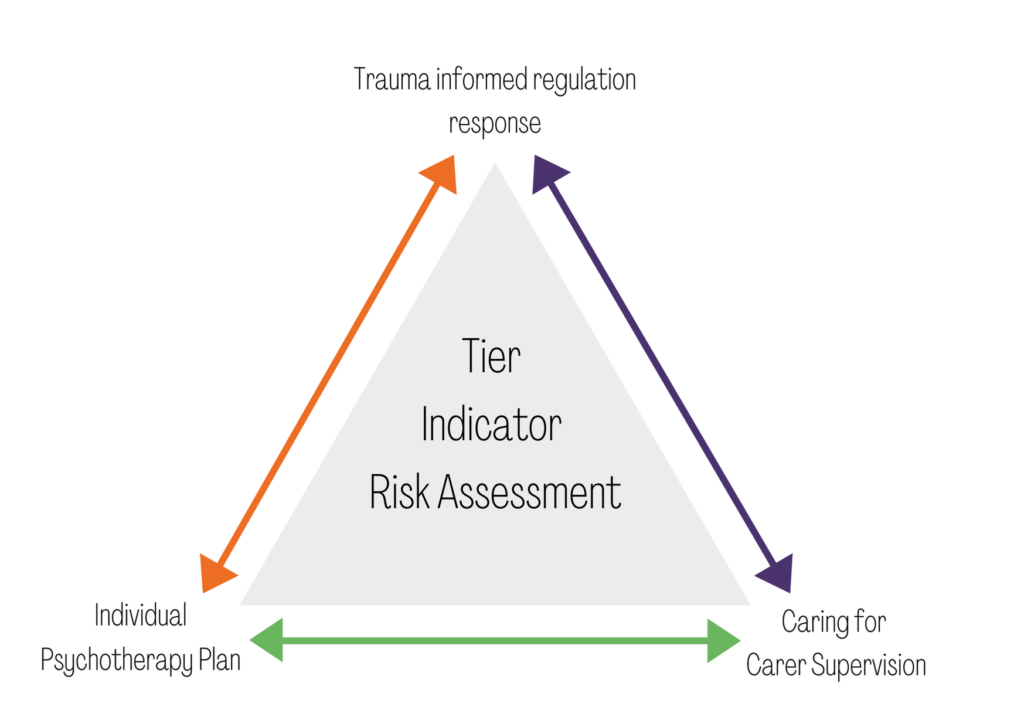
The final aspect of the TIER system that is relevant to address as a core component of Life Change Care Limited’s working practice is the principle of Caring for Carers. Within regulatory bodies for counselling and psychotherapy in the United Kingdom, it is a mandatory minimum requirement for members to undergo monthly clinical supervision. However, there are no such requirements in place for care workers of any kind. As a result, there are practically no institutions or companies within the UK where it is implemented.
Despite this, there are deeply important reasons that clinical supervision is mandated within psychotherapy, such as addressing emotional transference, facilitating emotional self-awareness and growth, working through problems in clinical relationships, offloading stress and processing trauma to name just a few. Critically, we believe that it is just as necessary for these needs to be met in support of care workers.
In some ways, this is even more important where our outcomes are concerned. The children and families will typically only see their therapists once a month, or once a week at most. The carers, meanwhile, are there to support them every day. As such, it is the carers who provide the domestic environment in which they will undergo most of the slow, challenging work of recovering from their trauma once set in the right directions through therapy.
It is this environment where they most need to be met with consistent support and regulation by resilient emotional role models. If the care team aren’t supported to provide that emotionally grounded foundation, how can we expect the children and families to develop it themselves? Thus, as part of the TIER system, we ensure that clinical supervision is attended by all members of the care team, including each house’s managers. It is extended to everyone involved with children and families’ care.
To ensure the widespread proliferation of this framework, we at Life Change Care Limited are currently collecting data to demonstrate objectively what we have already seen through our own usage, that the TIER system makes a significant difference in achieving our outcomes.
In summation, by working in a trauma-informed therapeutic manner, we ensure that the people in our care are developing their former cognitive deficits by healing from chronic trauma, in a way that truly prepares them for independent living once they leave our care on their future pathways.
To find out more about the work we do at Life Change Care Limited, have a look at our blog page.

